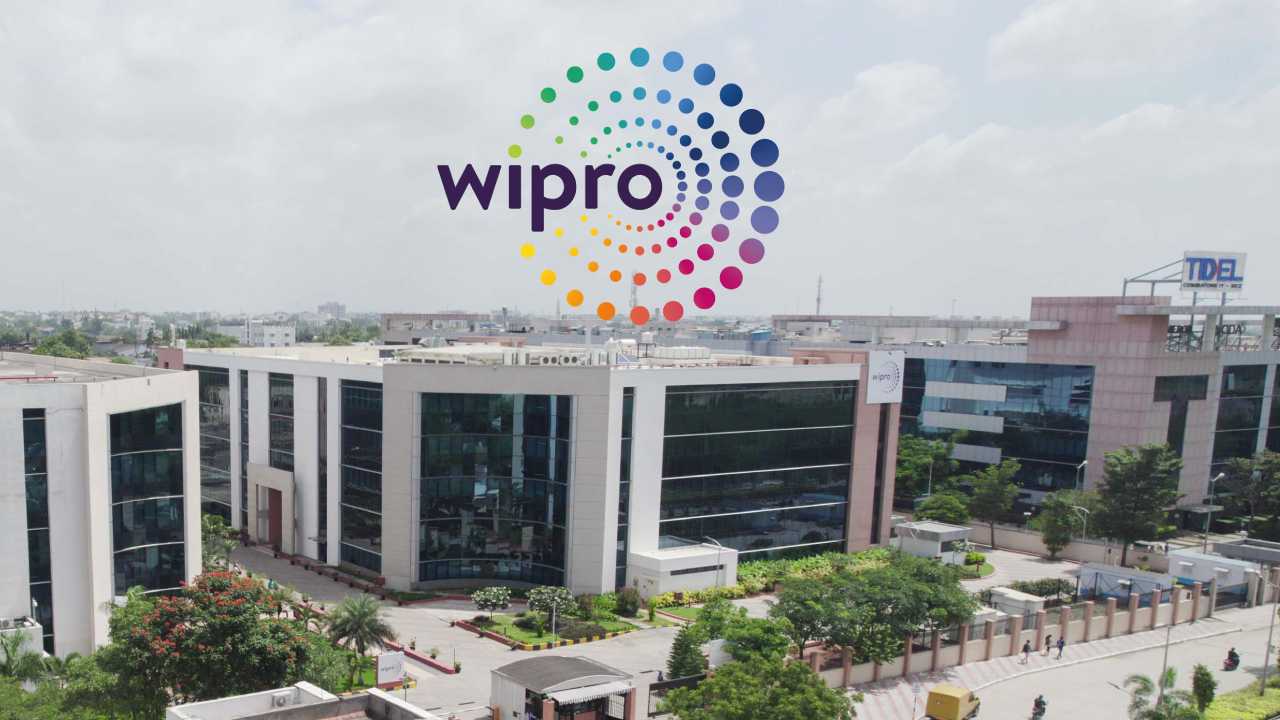Wipro, HCL Tech Staff Have to Wait Until Q3 for Hikes in 2023

Wipro, HCL Tech Staff Have to Wait Until Q3 for Hikes in 2023
Salary increases are typically offered during the second quarter of the fiscal year by IT companies like Wipro and HCL Tech.
Two of the largest IT companies in the nation, Wipro and HCL Tech, have postponed compensation increases for their staff till the third quarter. HCL Tech said it would not increase senior staff salaries for the upcoming fiscal year.
Salary increases are typically offered during the second quarter of the fiscal year by IT companies like Wipro and HCL Tech.
Typically, Infosys grants rise in the first quarter (June), but not until this month. On this front, it has yet to inform the staff. On July 20, the corporation will release its April-June profits.
Salary increases are delayed when IT businesses try to limit their payroll costs to maintain their profits.
“We did our last salary increase in September of last year, and we plan to do that for this year sometime in the third quarter,” Jatin Dalal, CFO of Wipro, said in the conference call with investors following the company’s earnings announcement. He continued by saying that the impact was not considered for the second quarter.
However, Wipro will pay 80% of the junior-level employees’ Q1 variable compensation, contingent on the business’s success. The variable payout will depend on the business unit’s performance that people in management positions and above are a part of.

According to C Vijayakumar, CEO and MD of HCL Tech, during the analyst call, “this year, we have decided to forgo the salary review, starting with the management layer, which is E4+, and also defer for junior- to mid-level workers by a quarter, which is E3 and below levels.
The E4+ layer, which contains the most senior employees, makes up a considerable chunk of the company’s salary expense, according to HCL Tech CFO Prateek Aggarwal.
Due to unfavourable macroeconomic factors and a slowdown in discretionary spending in essential industries, including banking and financial services, consumer goods, and high-tech, Wipro announced a 2.8% quarter-over-quarter fall in revenue in constant currency for its IT services division for the April-June period on Thursday. Despite good transaction wins, the business has guided revenue performance of -2% to +1% CC in Q2FY24; hence the downturn is anticipated to persist in Q2.
Given Wipro’s extensive position in the discretionary sectors, the conversion is difficult since businesses are wary and are reevaluating their spending priorities, according to research by Motilal Oswal. The management is convinced that by delaying the cycle of salary increases until Q3, it will be possible to preserve the margin in Q2, notwithstanding macroeconomic uncertainty.

“It is evident that the companies aren’t seeing any immediate demand revival in Q2FY24 and that visibility of recovery in H2FY24, too, is limited at this stage,” ICICI Securities said in a statement following the recent results announcements of Accenture, TCS, HCL Tech, and Wipro.
HCL Tech released its earnings on Wednesday and showed significant deviations from analyst expectations on several items. The Ebit margin dropped to 16.9% during the quarter from 18.2% the prior quarter and was one of the primary missed metrics. According to the corporation, decreased utilization rates during the quarter were the primary cause of the margin decline of over 36 basis points.
The information technology industry has experienced a seismic shift since the advent of the COVID-19 pandemic. The impact of the pandemic and the resultant emphasis on remote working has led to a surge in demand for IT and digital solutions, sparking a rise in the need for skilled professionals in these domains. Amidst this backdrop, employee compensation and the timing of salary hikes have emerged as a crucial facet of the IT industry landscape.
Two of India’s leading tech giants, Wipro and HCL Technologies, have recently announced that their employees will have to wait until the third quarter (Q3) of the fiscal year 2023 for their salary hikes. This decision has been made considering the current business scenario and is in sync with the annual appraisal cycle of these companies.

Wipro, the Bengaluru-based multinational corporation, has a reputation for being a company with a people-centric approach—the decision to delay the salary hike until Q3 is based on strategic financial planning. The primary objective behind this move is to align the employee compensation model with the annual business performance and projected growth.
In the previous year, Wipro had rolled out salary hikes twice – once in January and again in June, considering the evolving market dynamics and the high demand for niche skills in digital technologies. This year, however, Wipro has decided to align the process with its financial year cycle.
According to sources, the delay does not imply that there will be any decrease in the quantum of salary hikes. It is a strategic move to assess the company’s financial health and provide commensurate rewards to its employees.
HCL Technologies, another titan in the Indian IT sector, has also confirmed that it will roll out salary increments for its employees in Q3. Like Wipro, the company had rolled out hikes twice in the previous fiscal year – in October 2022 and then again in April 2023.
HCL’s decision to delay hikes also stems from strategic planning and aligning employee rewards with the company’s performance and business outlook. The company stated that the decision aligns with industry trends and added that the increments would be competitive and per industry standards.
HCL has seen significant growth in its digital business in the past year and has recognized the need to retain and reward its employees adequately. By pushing the salary hikes to Q3, HCL aims to align the process with the company’s overall growth strategy.

The delay in salary increments at two of India’s leading IT companies is bound to have repercussions throughout the industry. Companies in the sector may follow suit, aligning their appraisal cycles with the fiscal year rather than the calendar year. However, it’s crucial to note that this doesn’t necessarily reflect a negative trend.
Indeed, the strategic decision to delay the salary hike cycle could yield a more accurate assessment of the company’s performance and provide a comprehensive picture of its financial health. This could help companies plan more effectively and reward their employees commensurate with the business outcomes and individual performance.
Moreover, given the fierce competition for talent in the IT sector, companies are expected to remain committed to rewarding their employees competitively. The delay is more about ‘when’ than ‘if,’ a strategic decision to ensure business sustainability and resilience amidst the dynamic market conditions.
As the IT industry grapples with the post-pandemic recovery, strategic decisions such as those from Wipro and HCL Technologies are likely to become more commonplace. What remains clear is the sector’s commitment to its workforce, focusing on maintaining competitiveness, attracting talent, and sustaining growth.





